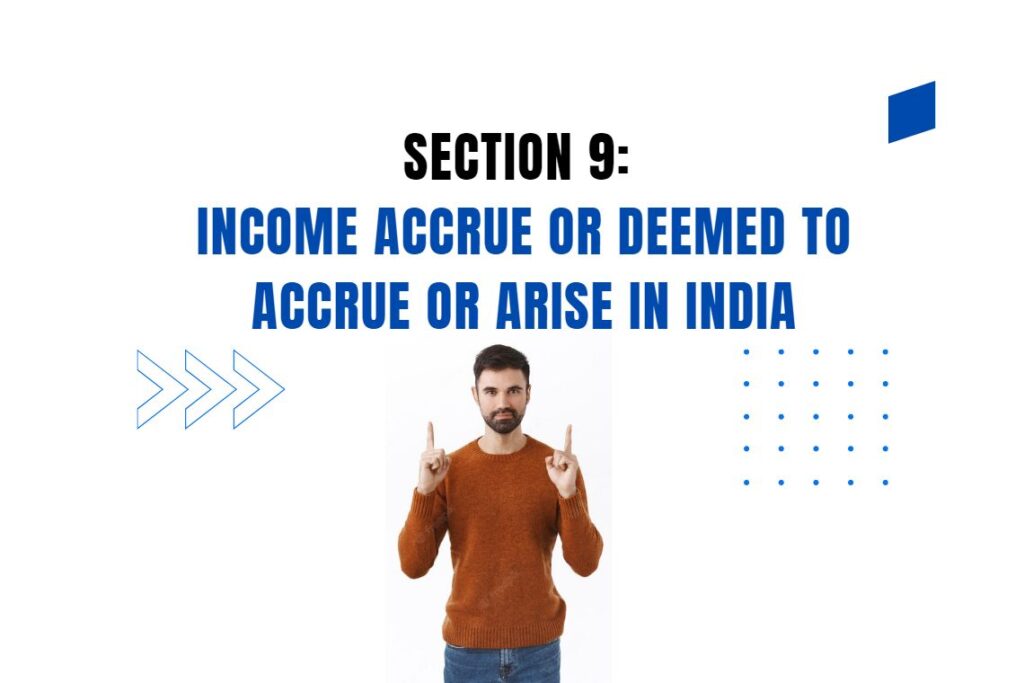Under Section 10(35A) of the Act, any income received by an investor from a securitisation trust is exempt from tax. This provision was introduced to encourage investments in securitisation trusts and to provide a boost to the securitisation market in India.
A securitisation trust is a Special Purpose Vehicle (SPV) that acquires and holds financial assets such as loans, receivables, or other debt instruments. The income generated from these assets is then distributed to the investors in the trust. This income can take the form of interest, principal repayments, or any other income arising from the assets held by the trust. This exemption is available to both resident and non-resident investors.
Benefits of the exemption
The exemption under Section 10(35A) provides a number of benefits to investors, including:
- It increases the post-tax returns on investment.
- It makes securitisation a more attractive investment option for investors.
- It helps to develop the securitisation market in India.
Conditions for Exemption
Section 10(35A) of the Income Tax Act states that any income received by a securitisation trust, being a trust specified by the Securities and Exchange Board of India (SEBI), is exempt from income tax. This exemption applies to income in the form of interest or any other consideration received from the securitisation trust.
However, in order to avail of this exemption, the securitisation trust must fulfill certain conditions. These conditions include:
- The securitisation trust must be constituted for the purpose of securitising assets.
- The assets securitised must be financial assets.
- The securitisation trust must issue pass-through certificates to investors.
- The income distributed by the securitisation trust to investors must be from the assets securitised.
- The securitisation trust must be registered under the Securitisation and Reconstruction of Financial Assets and Enforcement of Security Interest Act, 2002.
- The income must be received from the securitisation trust in the form of interest, dividend, or capital gains.
- The investor must not be a financial institution.
To claim the exemption, the investor must file a return of income with the Income Tax Department and disclose the income received from the securitisation trust.
Example:
Suppose an investor invests Rs. 100,000 in a securitisation trust. The securitisation trust invests the money in a pool of assets, such as auto loans and credit card loans.
The securitisation trust earns an income of Rs. 10,000 from the pool of assets and distributes the income to the investor. The investor’s income of Rs. 10,000 from the securitisation trust is exempt from income tax under Section 10(35A).



![Residential Status [Sections 5 to 9B]](https://incometaxmanagement.in/wp-content/uploads/2023/09/Residential-Status-Sections-5-to-9B-1024x683.jpg)

![EXEMPTED INCOMES [Section – 10, 10AA, 11 to 13A]](https://incometaxmanagement.in/wp-content/uploads/2023/09/Exempted-Incomes-Section-10-1024x683.jpg)

![Income of an Electoral Trust shall be Exempt [Section 13B]](https://incometaxmanagement.in/wp-content/uploads/2023/10/61-Exempted-Incomes-Section-13B-1024x683.png)
![Incomes of Political Parties [Section-13A]](https://incometaxmanagement.in/wp-content/uploads/2023/10/60-Exempted-Incomes-Section-13A-1024x683.png)
![Special Provisions in respect of Newly-established Units in Special Economic Zones (SEZ) [Section-10AA]](https://incometaxmanagement.in/wp-content/uploads/2023/10/59-Exempted-Incomes-Section-10AA-1024x683.png)
![Exemption in respect of income chargeable to Equalization Levy [Section 10(50)]](https://incometaxmanagement.in/wp-content/uploads/2023/10/58-Exempted-Incomes-Section-1050-1024x683.png)
![Income of a Developmental Financing Institution (DFI) to be Exempt [Section 10(48E)]](https://incometaxmanagement.in/wp-content/uploads/2023/10/57-Exempted-Incomes-Section-1048E-1024x683.png)